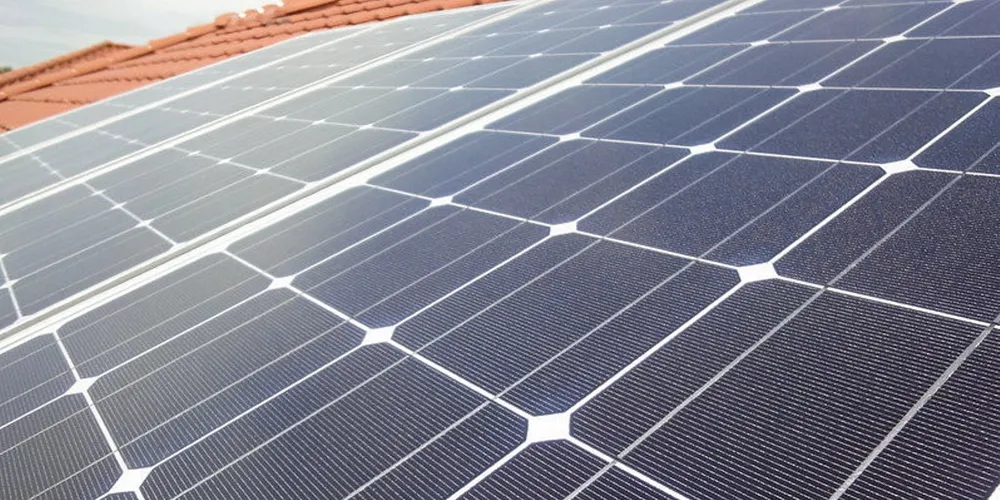PepsiCo takes the climate action challenge with renewables-powered net zero goal
US food and drinks giant aims to cut corporate greenhouse gas emissions by 40% by 2030 fuelled by wind and solar projects and supply chain decarbonisation

US food and drinks giant aims to cut corporate greenhouse gas emissions by 40% by 2030 fuelled by wind and solar projects and supply chain decarbonisation
